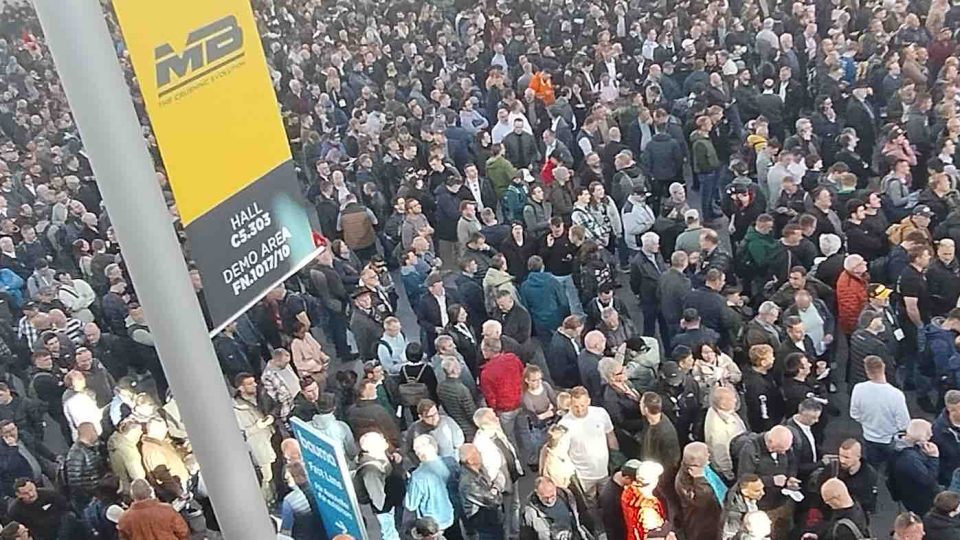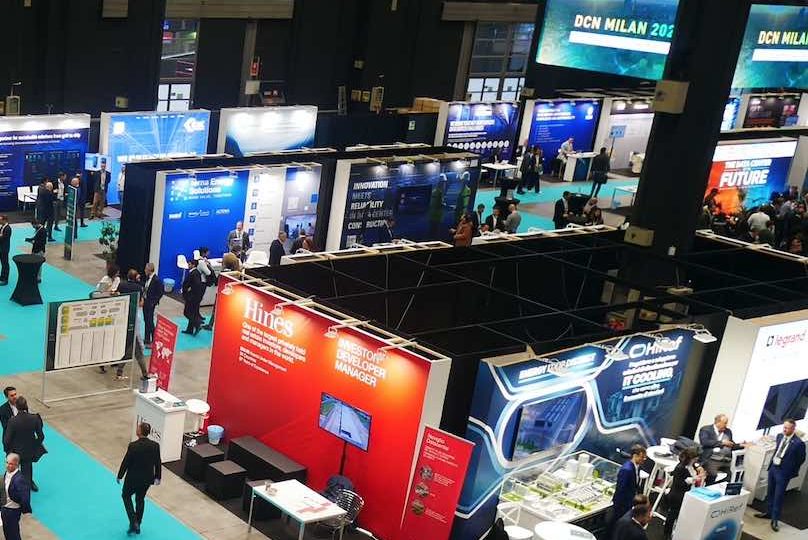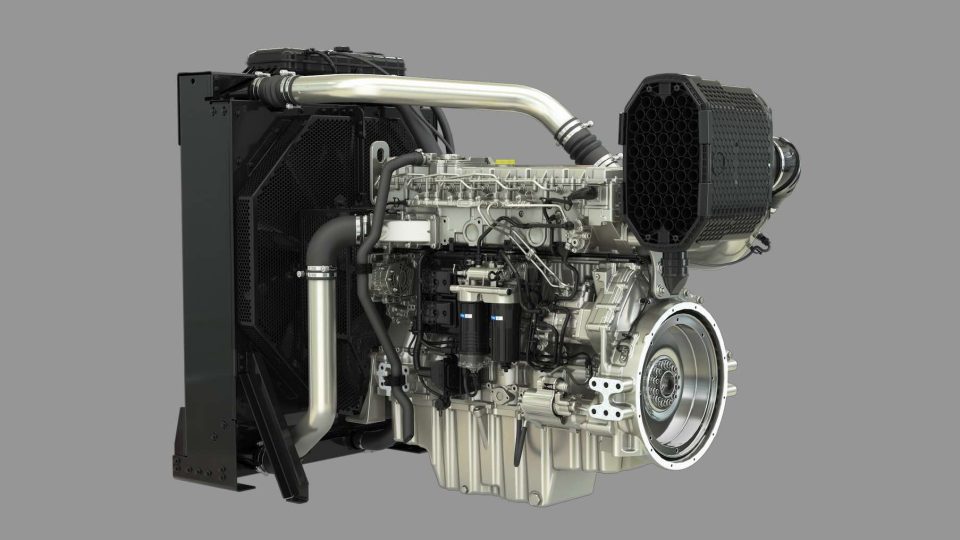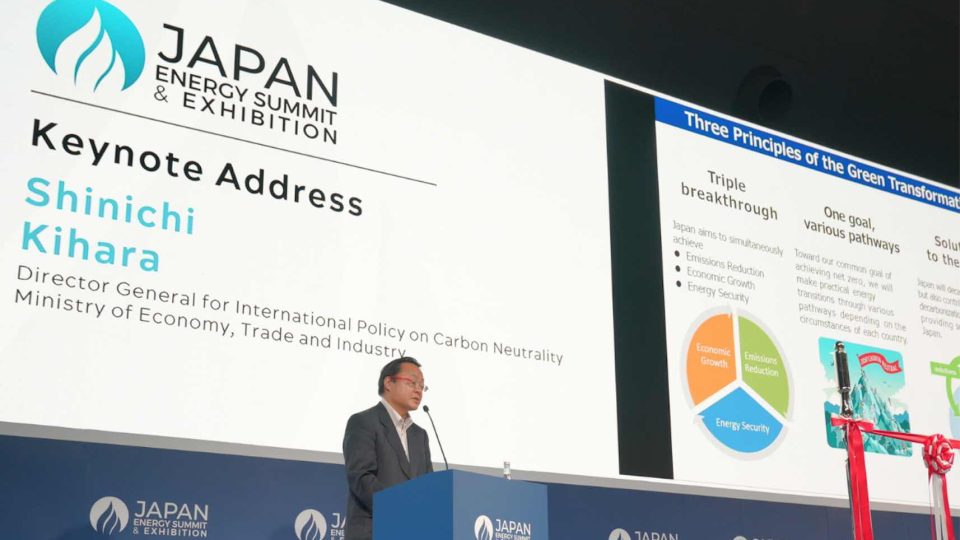EIMA International 2018. Bologna (Italy)
EIMA International is the International Exposition of Machinery for Agriculture and Gardening, a biennial event created in 1969 by FederUnacoma, the Italian Agricultural Machinery Manufacturers Federation, and organized by the federation’s service division, FederUnacoma Surl, in collaboration with BolognaFiere. The format of the review provides for fourteen merchandise sectors joined by specialized salons, EIMA Components, […]
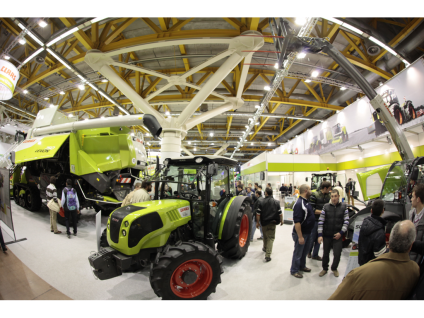
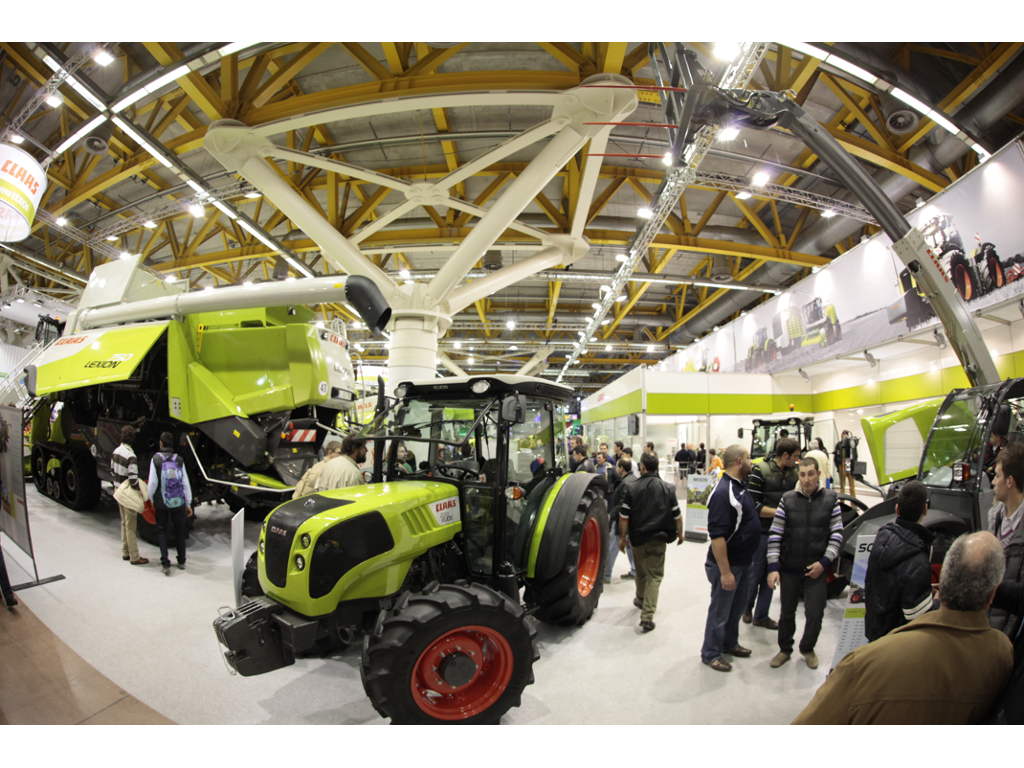
EIMA International is the International Exposition of Machinery for Agriculture and Gardening, a biennial event created in 1969 by FederUnacoma, the Italian Agricultural Machinery Manufacturers Federation, and organized by the federation’s service division, FederUnacoma Surl, in collaboration with BolognaFiere.
The format of the review provides for fourteen merchandise sectors joined by specialized salons, EIMA Components, EIMA Green, EIMA Energy and EIMA M.i.A., for the direct participation of manufacturing industries from around the world presenting avant-garde technologies in the sector at the global level.
The organization rational of the merchandise exhibits provides an enormous stage – reserved for professional business visitors on the first two days of the review – for the general public of enthusiasts able to immediately focus on their sectors of interest for better organizing their visits. EIMA is indeed the venue for the arrival of business people from sixty countries.
EIMA is held in Bologna Trade Fair quarters on an exhibition area of 375,000 m², 140,000 m² net. Each edition hosts some 1,900 companies from forty countries exhibiting more than 50,000 models of machinery and equipment for all types of agricultural operations or green work for every model of enterprise.
EIMA International, EIMA Digital Space and EIMA Campus
In the setting of EIMA International 2018, Pavilion 33 III will host an EIMA Digital space and the EIMA Desk and EIMA Campus. The first of the three will be dedicated to industries producing software and advanced electronic systems for agriculture and agriculture engineering; the second will bring together such services as information on public contributions, information of revisions, courses for learners licenses for driving tractors and demonstrations on machine shops; the third will preside over universities and research institutions. Finally, Mech@griJobs on an initiative by UNACMA, the National Agricultural Machinery Dealers Association, is planned for young people studying in agrarian schools and technical institutes to inform them of employment in the agriculture engineering supply chain.




